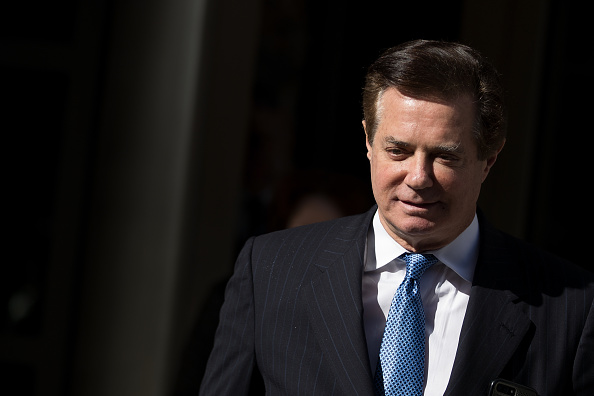Federal investigators have finally connected the dots between Donald Trump’s 2016 presidential campaign and the Kremlin. And it runs through Paul Manafort.
On Thursday, President Biden’s Treasury Department announced a sweeping set of sanctions against Russian interests. In a press release announcing the penalties, the Treasury Department asserted that Trump’s one-time campaign manager, Manafort, ordered his deputy, Rick Gates, to pass along proprietary Trump 2016 campaign data to Konstantin V. Kilimnik. Kilimnik, later identified as a Russian agent, then gave those documents to the Russian Intelligence Service. The cache included secret polling data and plans for how Trump was going to spend his resources.
In short – the head of Trump’s campaign, who was working for free, decided to share elements of his election strategy with a Russian spy. Russia, of course, wound up meddling in that election.
Manafort can’t exactly claim complete naivety. He had met Kilimnik years before when they were working for a pro-Russia oligarch in Ukraine, according to The Washington Post. The two had collaborated closely with each other.
Trump pardoned Manafort less than a month before leaving office. Manafort had been convicted of bank and tax fraud.
The New York Times described Thursday’s revelation as “the strongest evidence to date that Russian spies had penetrated the inner workings of the Trump campaign.”
With the explosive disclosure, the Treasury Department has filled in a key gap in the Mueller report, which detailed the Manafort-to-Gates-to-Kilimnik connection, but stopped short of saying it ended at the Kremlin.
Gates defended the data-sharing with Kilimnik. From The New York Times: “Mr. Gates said in a statement on Thursday that the Treasury Department had failed to provide any evidence to back up its claim, adding that “the polling data passed periodically to Kilimnik at Paul Manafort’s direction was simplistic and outdated, never in real time.”
Trump has long dismissed the suggestion that his campaign received coordinated help from Russia, but The Washington Post points out that the reported hand-off of sensitive information shows “that the government’s concern about the Trump campaign’s links to Russia — links that extended to other members of Trump’s team — was in this case probably warranted.”



